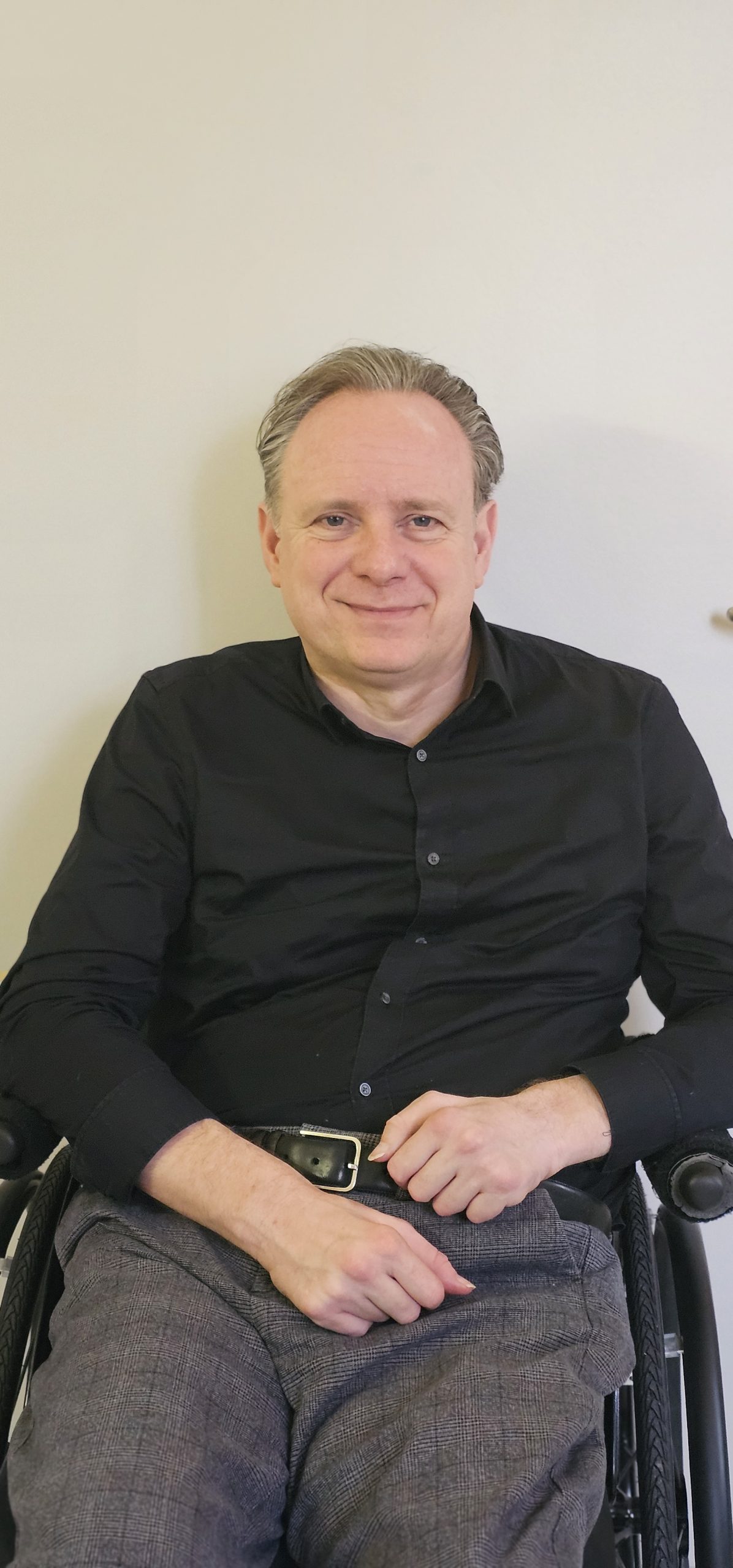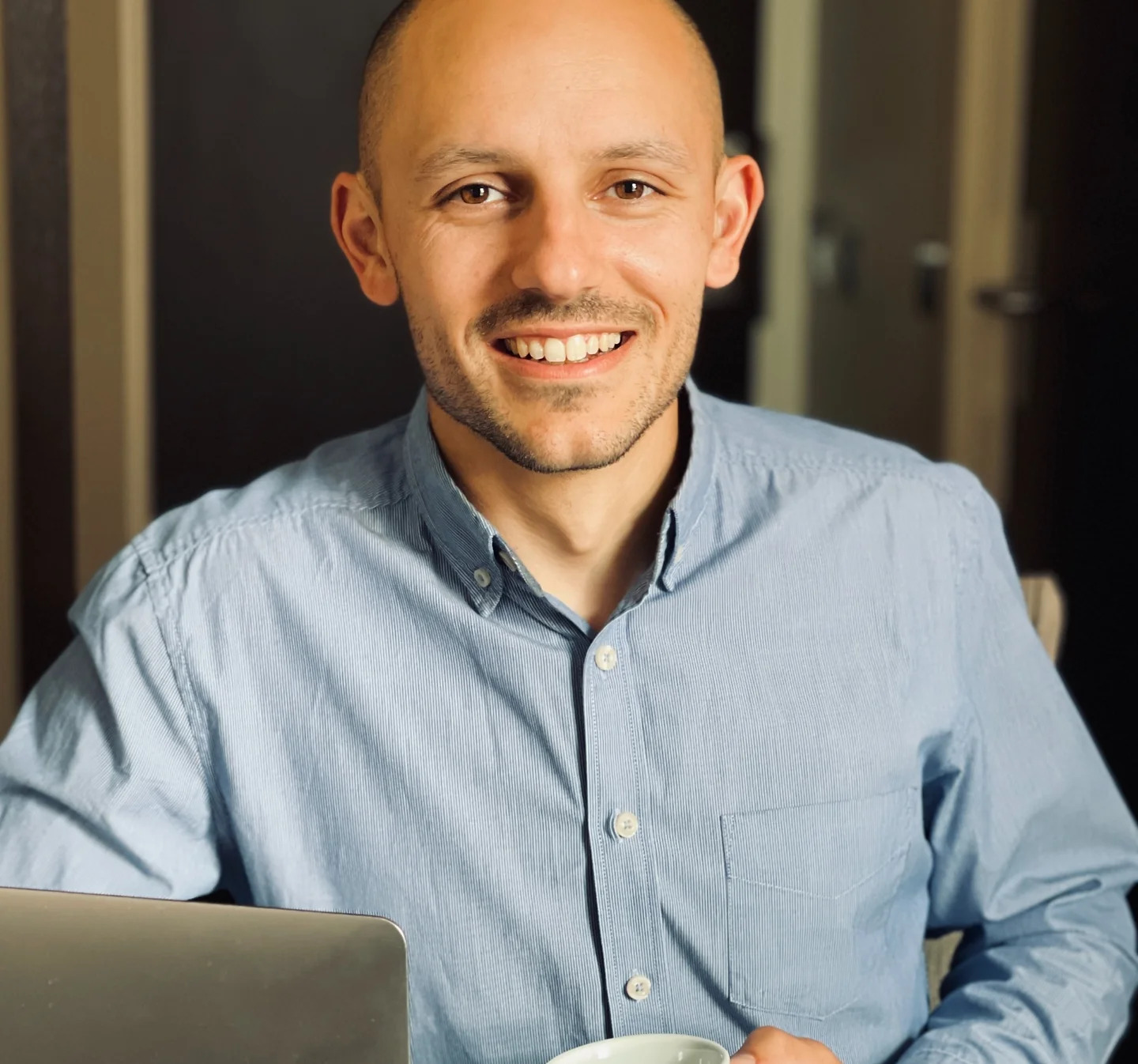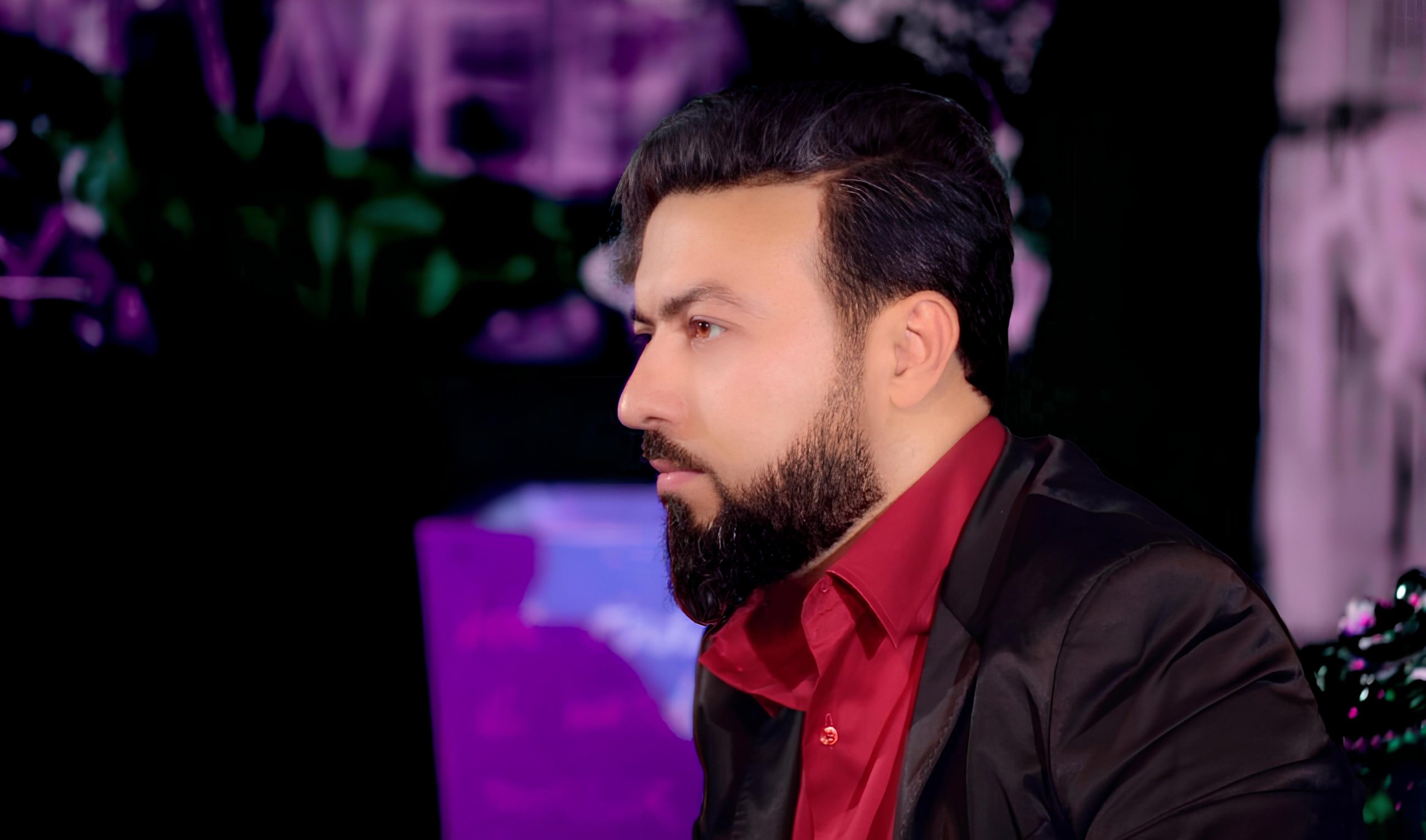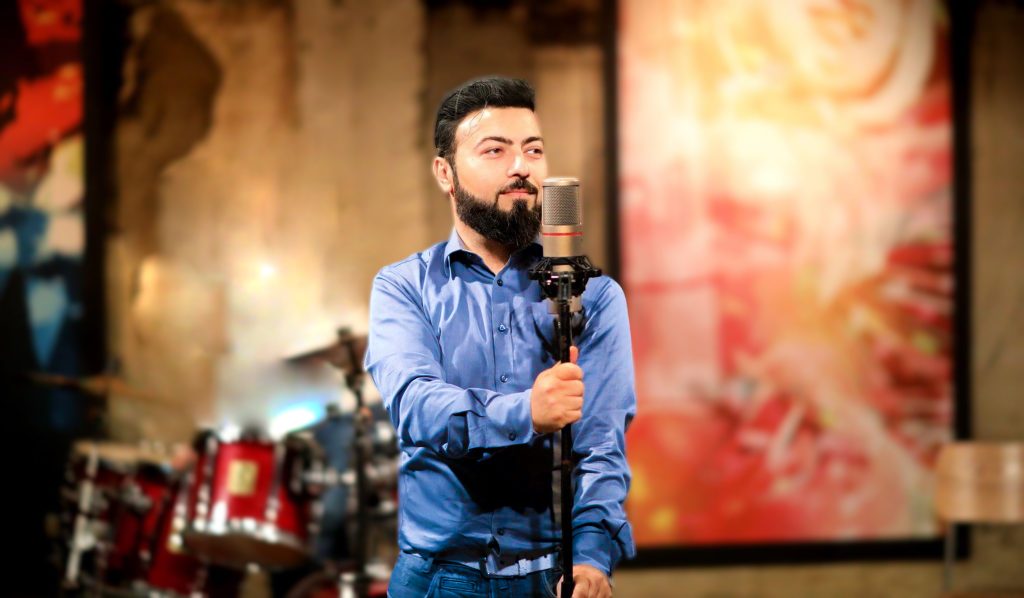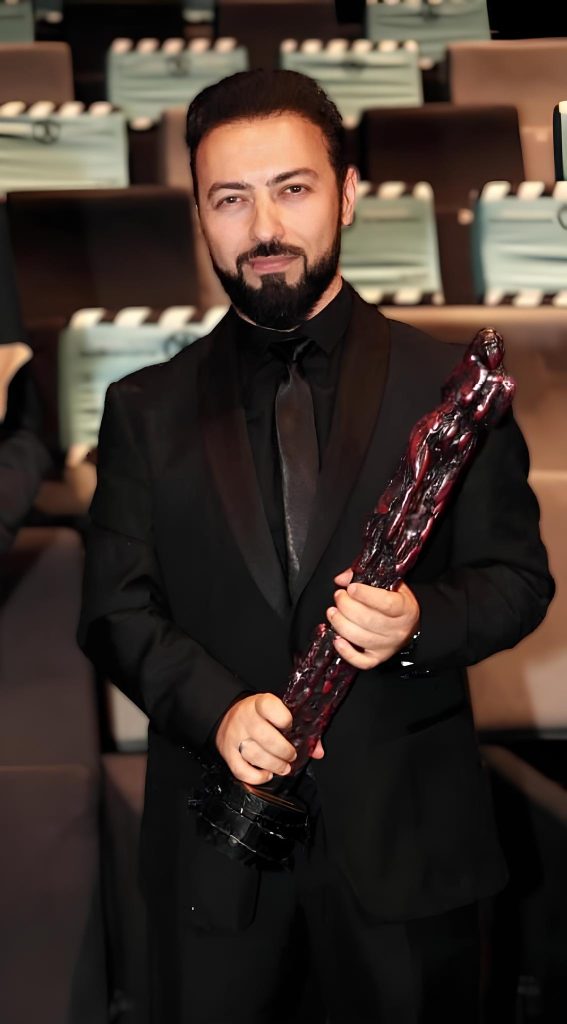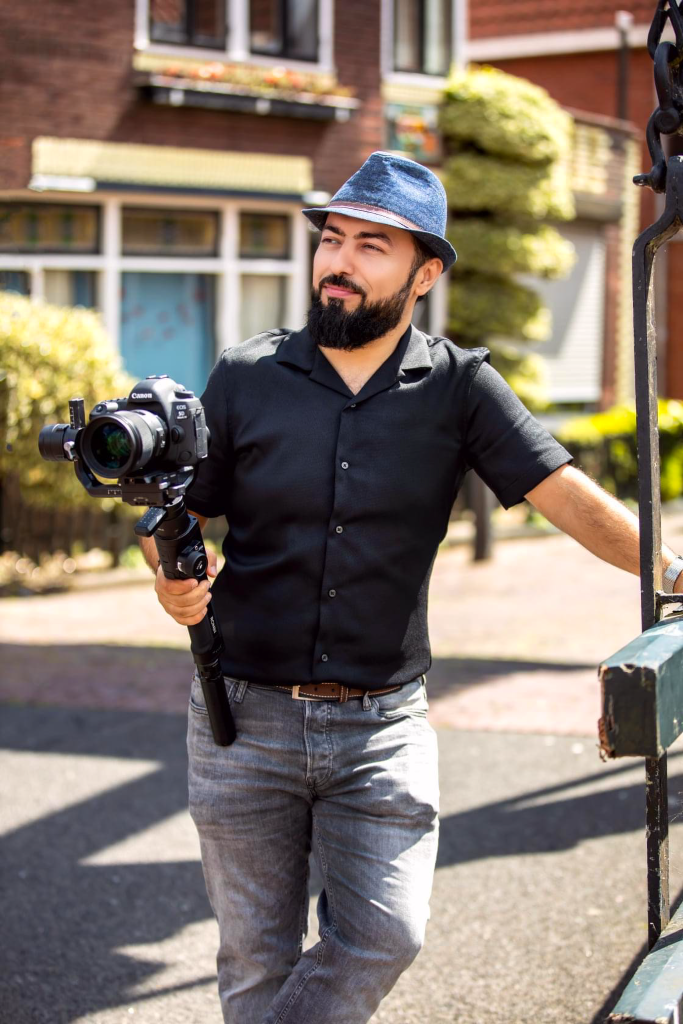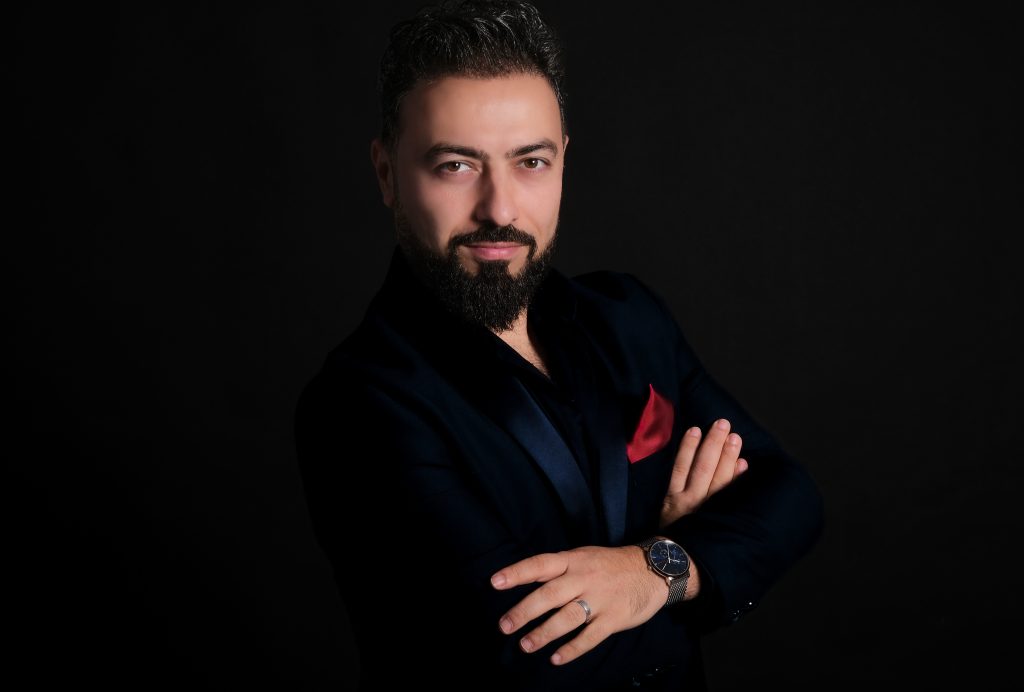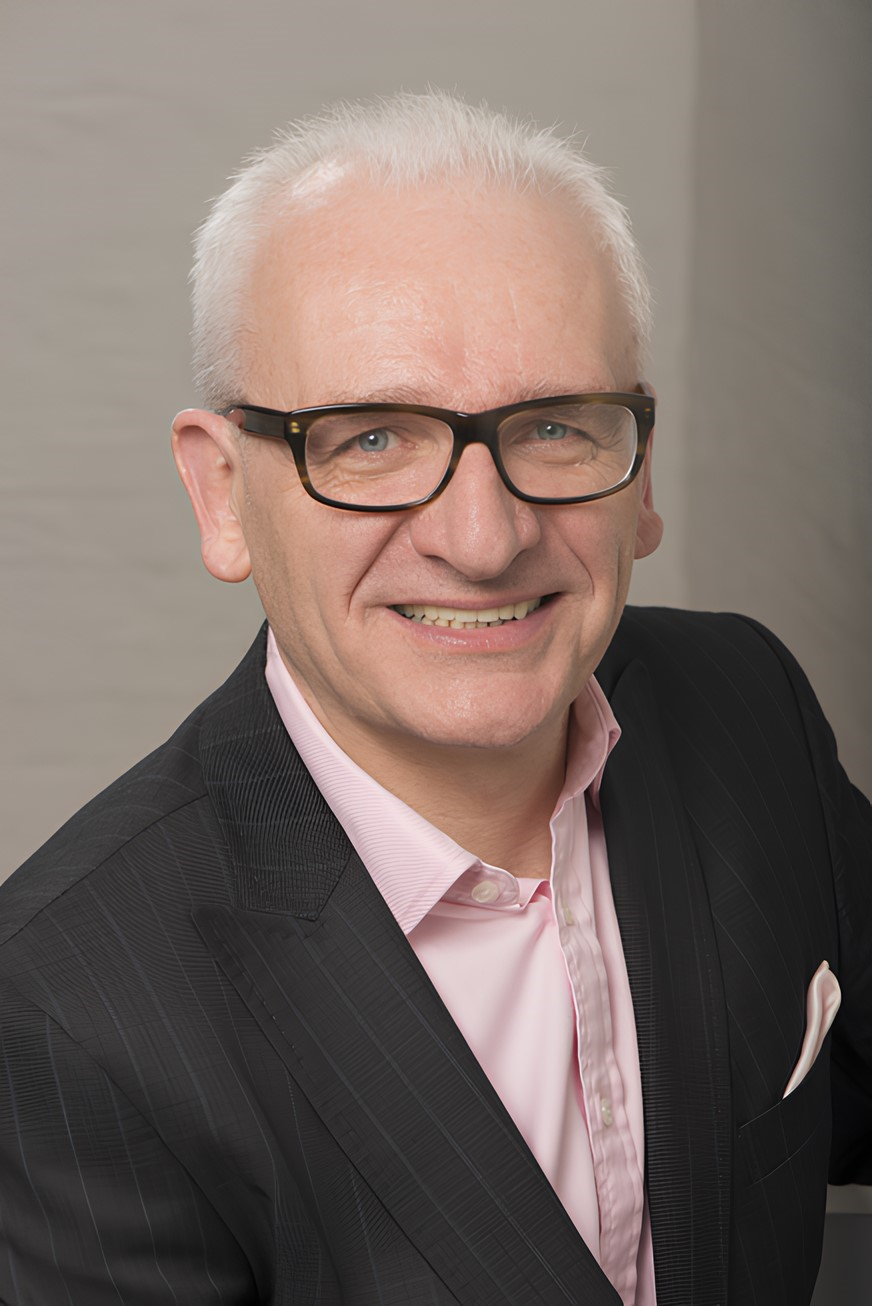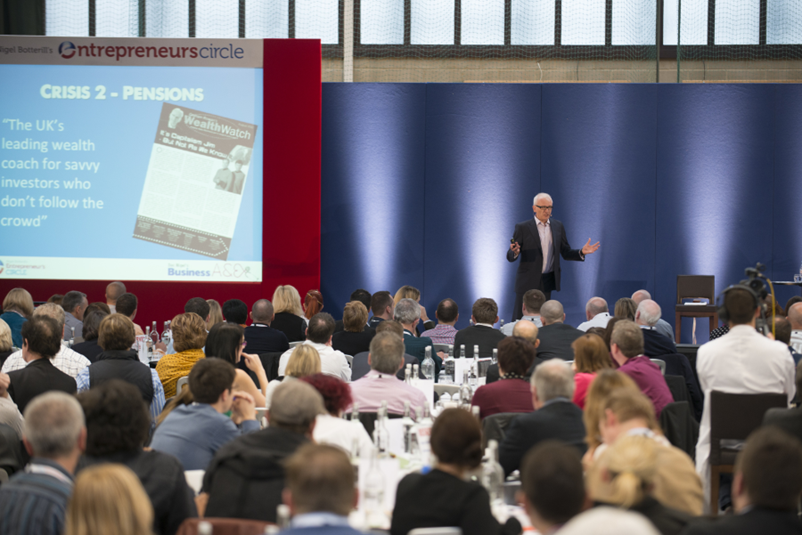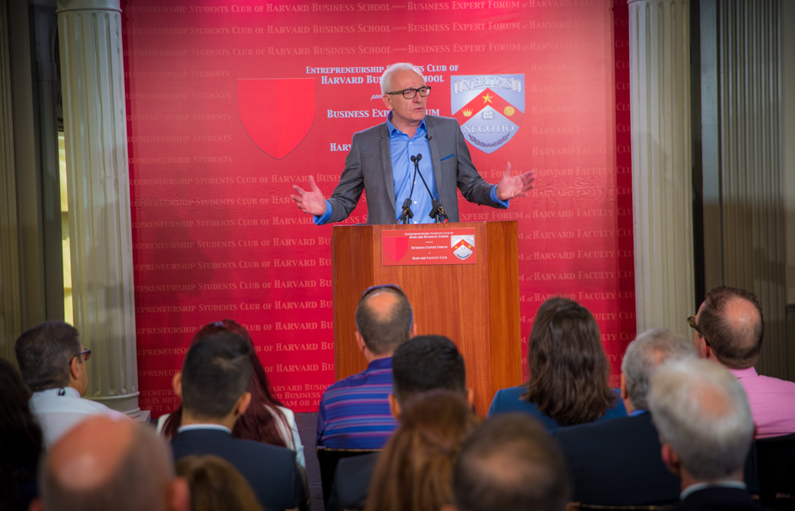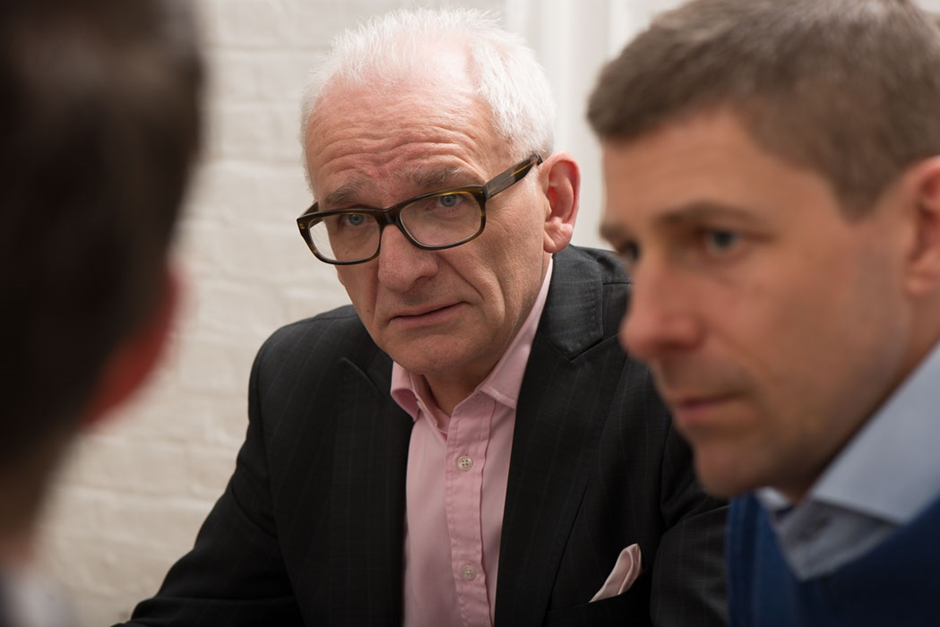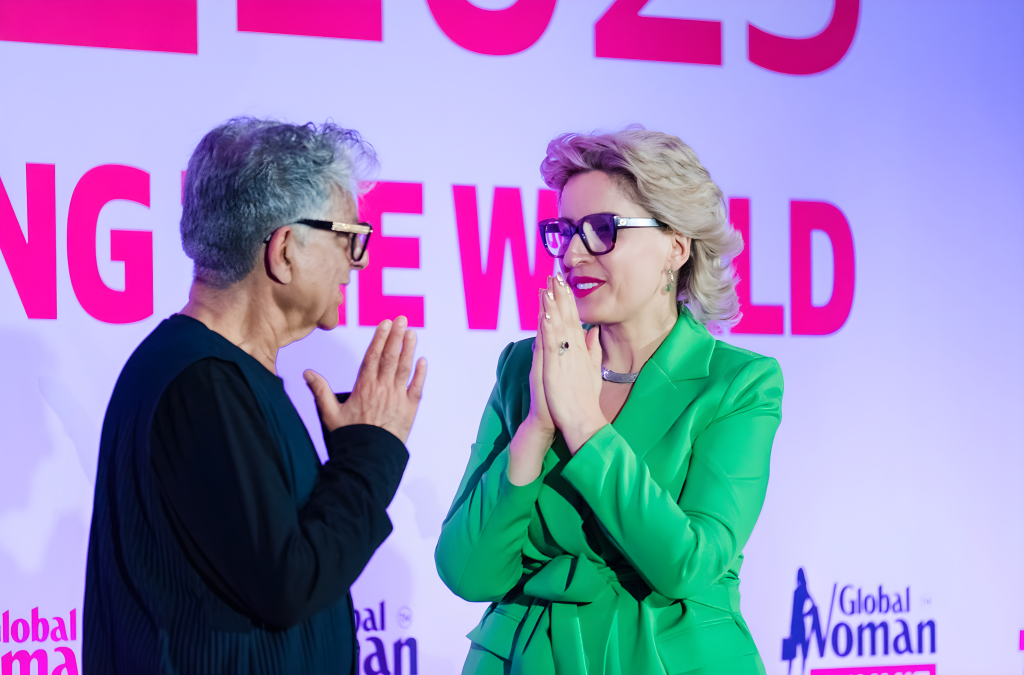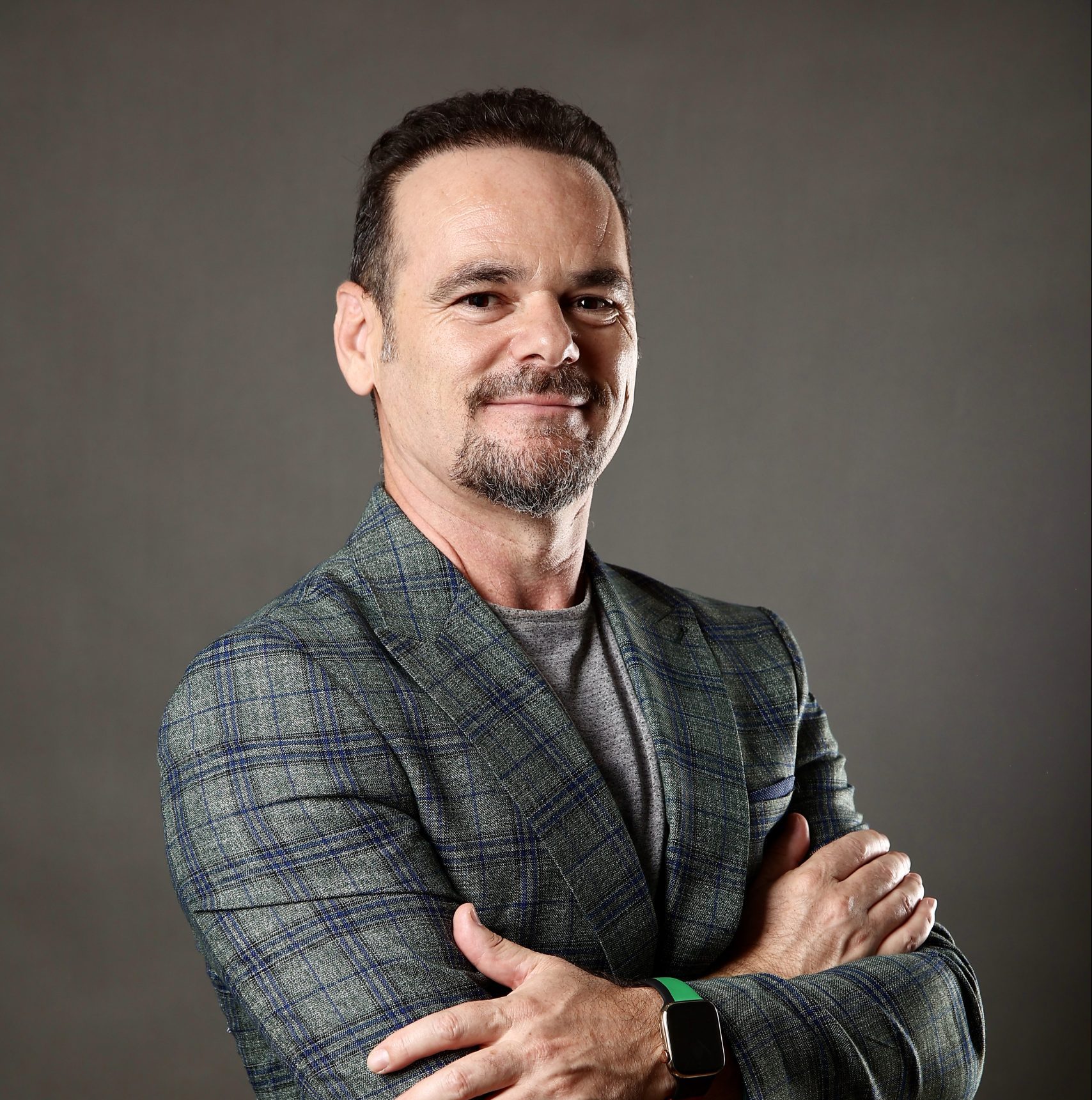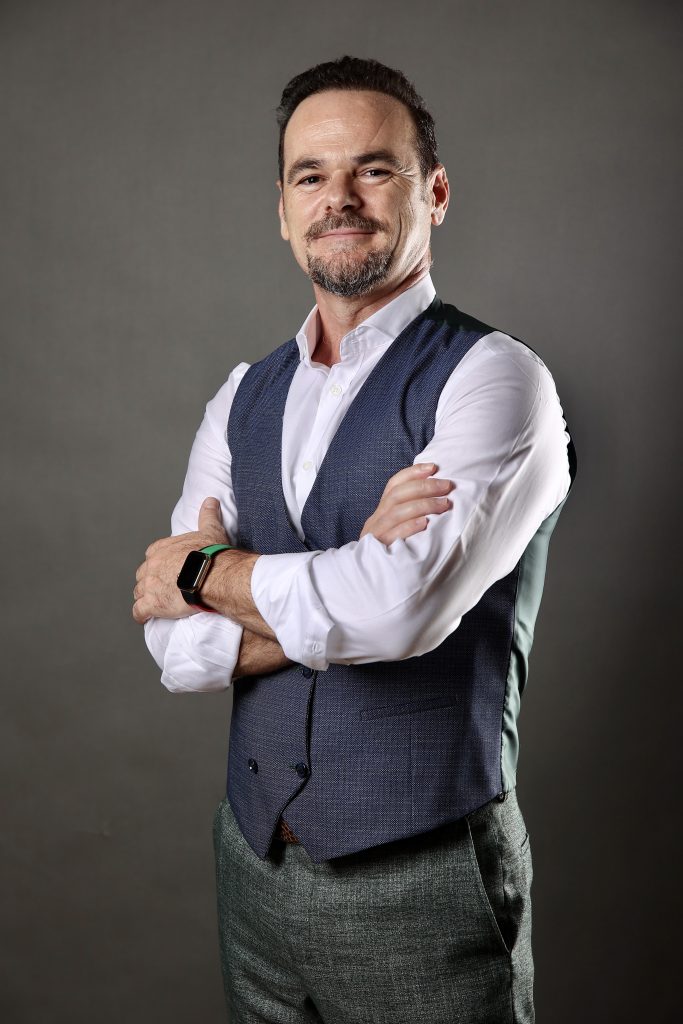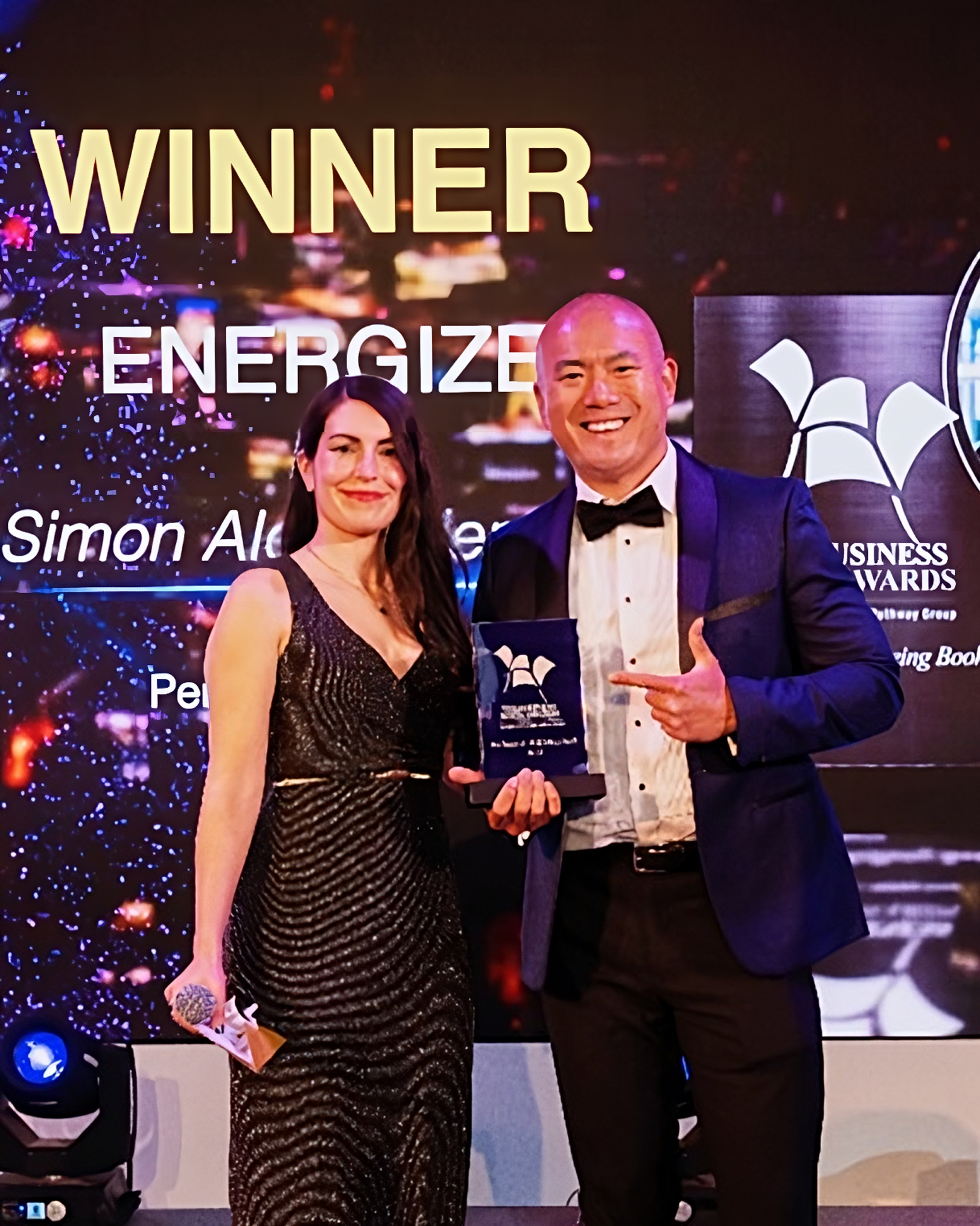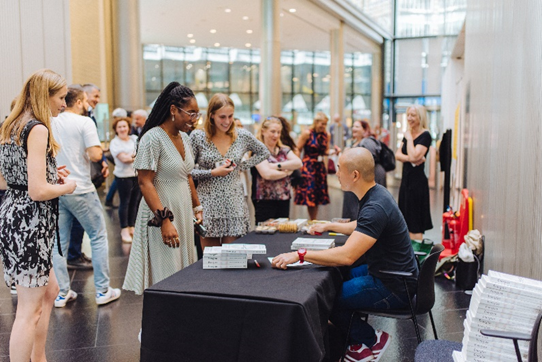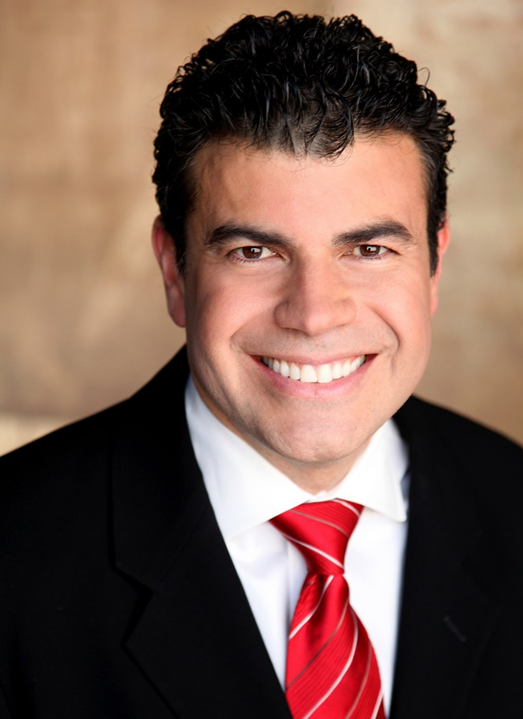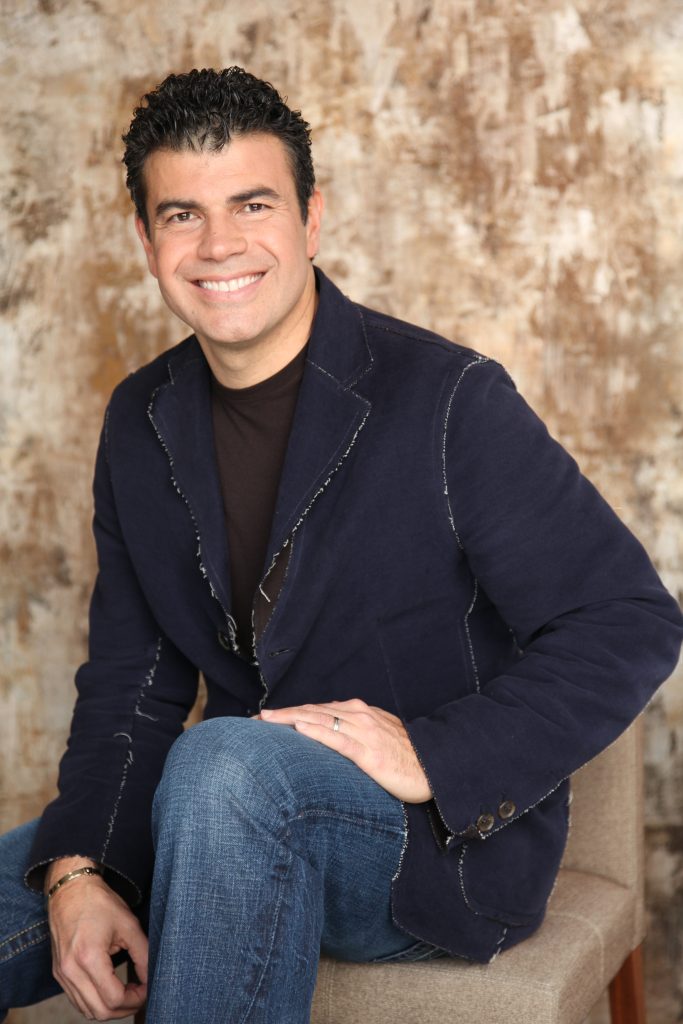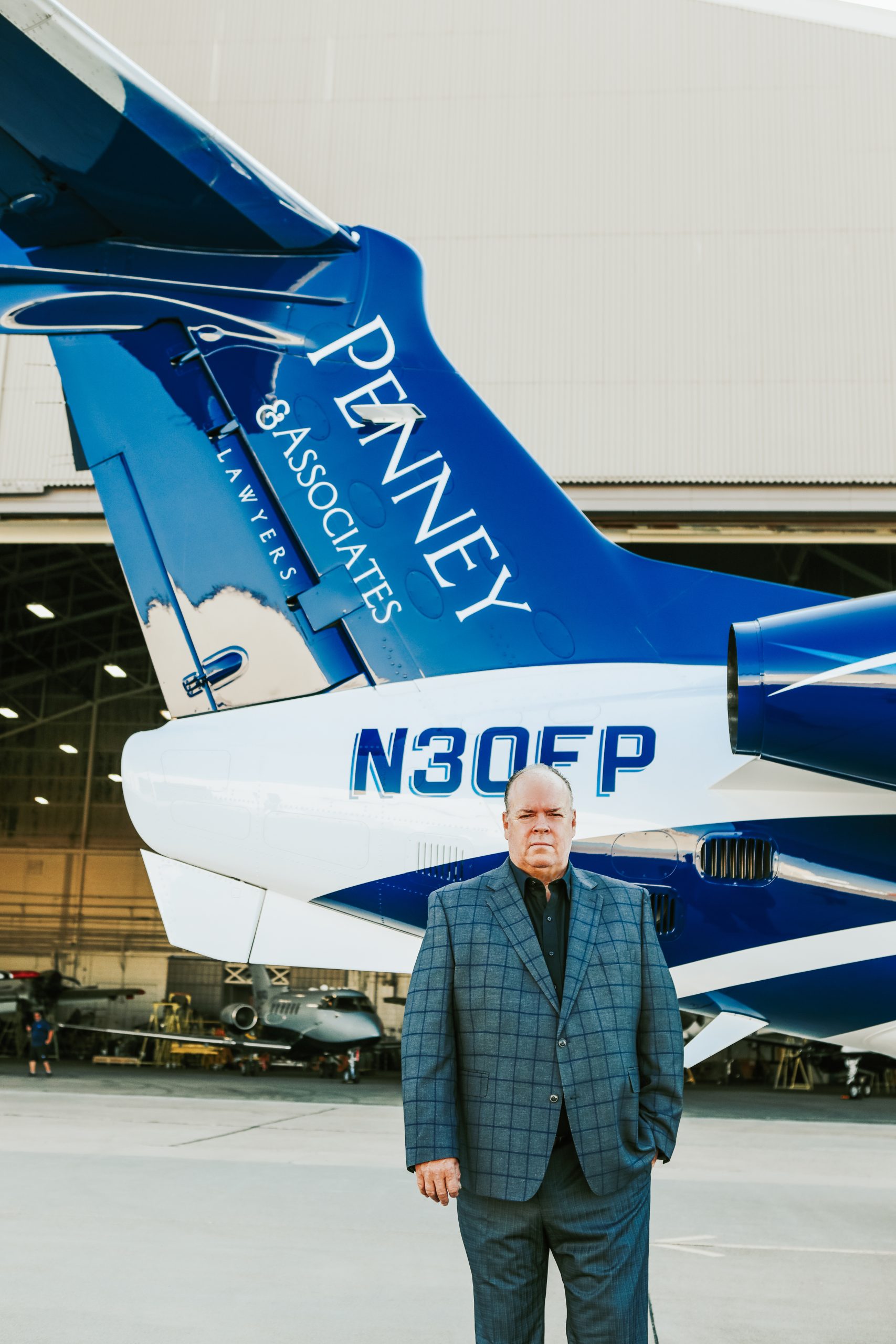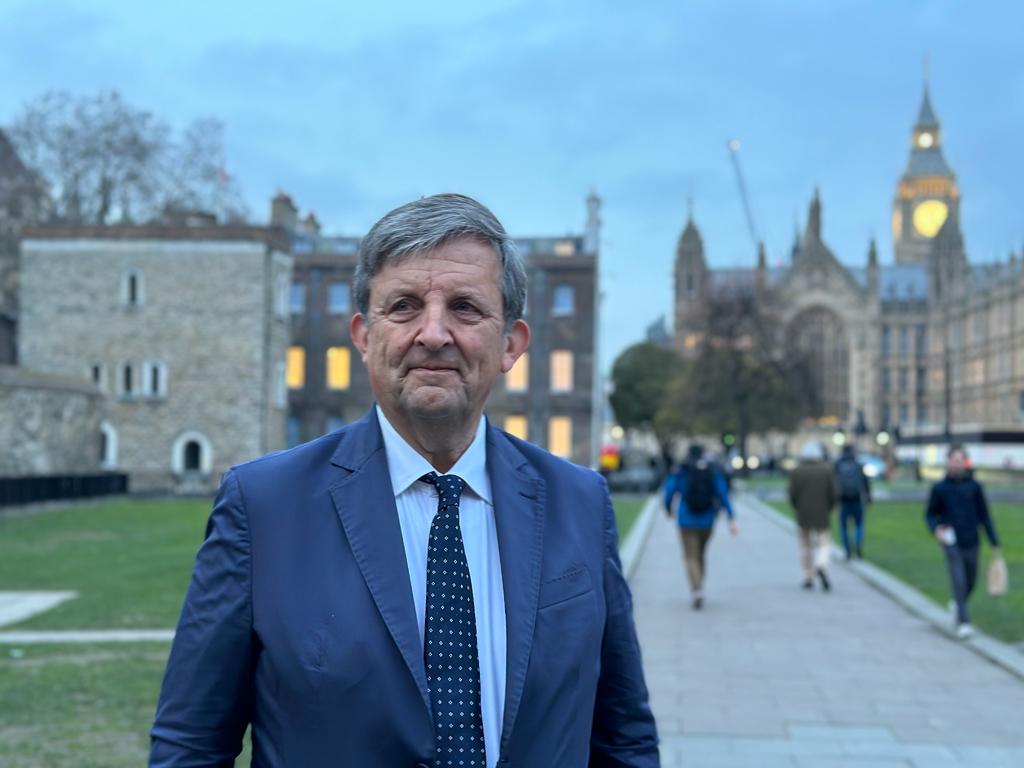Step into a realm where the mind becomes a canvas for transformation, energy becomes a guiding force, and archetypes illuminate the path to self-discovery. Philippe Jaspers, a passionate psychologist and well-being guide, beckons you to embark on a journey of profound exploration. With an unwavering dedication to unlocking the power of the mind and nurturing the spirit, Philippe’s approach transcends the ordinary, offering a holistic tapestry of insights and practices for personal evolution. Join him as he bridges the realms of psychology, spirituality, and human potential, inviting you to rediscover your inner essence and embrace the transformative journey ahead.
Can you share a brief overview of your background as a psychologist and your journey into the realm of energy management?
I commenced my professional journey as a work psychologist within a corporate setting, where I engaged in various facets of human resources. Subsequently, I ventured into entrepreneurship, establishing my own recruitment and headhunting firm. Having the right job, a job that fits you is a substantial element of your overall wellbeing and happiness. Currently, my focus has evolved to collaborating with both individuals and companies, specializing in fostering well-being and happiness. This transition reflects my progression from traditional psychology roles to a more holistic approach centered around energy management and overall positive experiences.
What inspired you to focus on the intersection of psychology and energy management in your keynote and workshop?
I found inspiration during my post-COVID work in a hospital, where I as a psychologist specialized in enhancing resilience and burn-out prevention for the workforce. Observing a prevalent lack of energy among employees and witnessing overall fatigue, I became deeply aware of the crucial link between psychology and energy. This realization led me to explore and integrate energy management strategies and the profound impact that energy has on our psychological well-being and overall success. This exploration led me to integrate insights from various thought leaders, ultimately shaping my focus on helping individuals and leaders optimize their energy for their overall wellbeing and happiness.
How can we understand energy how do you define “energy” in the context of psychological well-being, and why is it crucial for individuals and leaders?
In the context of psychological well-being, “energy” represents the dynamic force influencing our mental, emotional, and physical states. It encompasses vitality, motivation, and resilience. Energy is crucial for individuals and leaders because it directly affects our ability to navigate challenges, make decisions, and sustain high performance. Lack of energy leads to Burnout and depression. Optimized energy leads to enhanced focus, productivity, and effectiveness in both personal and professional realms.
In your keynote, you discuss the impact of vibrational frequency. Can you share some insights on how understanding and aligning with this frequency can positively influence one’s life?
In the keynote, I explore the impact of vibrational frequency and how aligning with this frequency positively influences one’s life. Everything in life is vibration. Even our thoughts and feelings are in a state of motion. This motion generates energy or vibration. Your thoughts, your emotions, and your attitudes all carry specific vibrations that influence the course of your life. Your energy and the energy of others is even very contagious, it’s very influential to other people surrounding you either positive or negative, and shaping your whole world! The Energy Pyramid concept provides a practical guide for managing energy effectively. It visualizes layers of physical, emotional, mental, and spiritual energy, offering a holistic approach to personal and professional development.
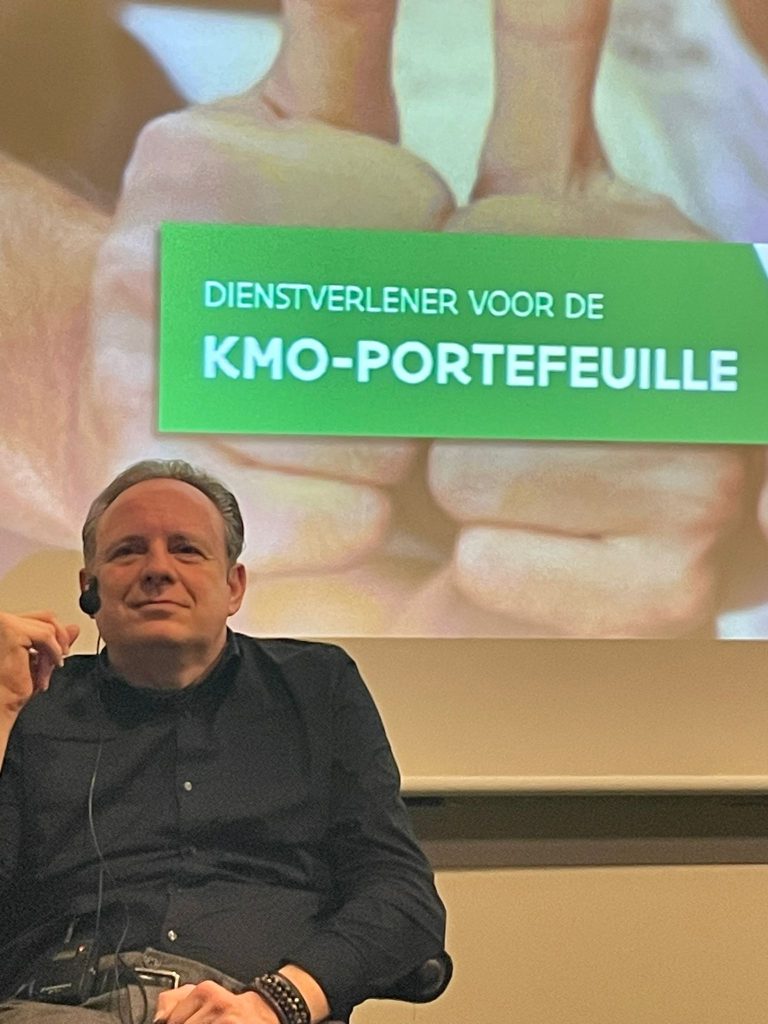
What can participants expect to gain from your workshop on energy management, and how does it differ from traditional approaches?
Participants can expect to gain practical strategies from the workshop for managing their energy in daily life. It differs from traditional approaches by integrating insight with a holistic approach by combining insights from Western and Eastern science and wisdom. It acknowledges that our well-being is a dynamic interplay of physical, emotional, mental, and spiritual energies. By weaving together these threads, I aim to provide a more comprehensive understanding of energy management that can profoundly impact personal and professional development. The workshop empowers individuals and leaders with the necessary insights and tools to create a personalized energy management plan, fostering resilience, success, and happiness.
How do the concepts of internal dialogue and yoga play a role in energy management, and what techniques do you recommend for transforming internal dialogue?
The concept of internal dialogue plays a significant role in energy management. Transforming internal dialogue positively impacts mental and emotional energy. Also, the Yoga wisdom, influences emotional and mental well-being, providing valuable insights for individuals seeking a holistic approach to energy management.
What are some common challenges people face when trying to implement energy management practices, and how can they overcome these challenges?
People often encounter challenges when integrating energy management practices due to our innate inclination toward habits. As creatures of habit, even when we recognize that certain habits are detrimental to our well-being, breaking away from them can be a persistent challenge. Additionally, our minds act as containers for limiting beliefs, hindering us from tapping into our true potential and exploring the vast possibilities available to us. Overcoming these challenges involves a concerted effort to disrupt ingrained habits and address limiting beliefs, ushering in a transformative journey toward embracing positive energy management practices.
Real-life examples showcase successful applications of energy management principles, demonstrating the transformative impact on individuals and organizations. Common challenges involve implementing energy management practices, which can be overcome through awareness, consistency, and personalized strategies.
How do you see the field of energy management evolving in the coming years, especially in the context of mental health and workplace well-being?
Are there emerging trends or technologies that you believe will play a significant role in advancing energy management practices?
The field of energy management is likely to evolve, especially in mental health and workplace well-being. Emerging trends may include technology-driven tools and deeper integration of energy management practices into mainstream health and wellness approaches.
In today’s globalized and interconnected world, how can energy management contribute to broader societal well-being and collaboration?
In today’s globalized world, energy management holds immense potential for contributing to broader societal well-being. By fostering awareness and practices that optimize energy, we can enhance collaboration, empathy, and resilience on a global scale. This approach recognizes the interconnectedness of individuals and communities, highlighting the significance of positive energy dynamics for creating a healthier and more harmonious world.
For readers and listeners who are intrigued by the concept of energy management, what practical advice or steps would you offer to help them get started on their journey?
I advise starting with small, manageable steps. Begin by incorporating mindfulness practices, exploring areas of personal passion, and gradually building self-awareness. The key is to embark on the journey with an open heart and a willingness to explore the profound impact of energy on overall well-being.
How do you define “energy” in the context of psychological well-being, and why is it crucial for individuals and leaders?
In the context of psychological well-being, “energy” refers to the dynamic force that influences our mental, emotional, and physical states. It encompasses the vitality, motivation, and resilience that drive our thoughts, feelings, and actions. Energy, in this context, is not just a physical phenomenon but a holistic concept that encompasses our entire being.
For individuals and leaders, energy is crucial because it directly impacts our ability to navigate challenges, make decisions, and sustain high levels of performance. When our energy is optimized, we experience greater mental clarity, emotional balance, and physical well-being. This, in turn, leads to enhanced focus, productivity, and overall effectiveness in both personal and professional domains. Recognizing and managing our energy becomes a cornerstone for maintaining psychological well-being and achieving sustained success.
Could you elaborate on the Energy Pyramid concept and its significance in personal and professional development?
The Energy Pyramid concept is a framework that visualizes the layers of energy influencing our well-being. It consists of four key layers: physical energy, emotional energy, mental energy, and spiritual energy. Each layer interacts and contributes to our overall energy profile.
– Physical Energy: At the base of the pyramid, physical energy is the foundation. It involves aspects such as sleep, nutrition, and exercise. When our physical energy is optimized, we experience vitality and resilience.
– Emotional Energy: Moving up the pyramid, emotional energy encompasses our feelings and emotional well-being. Managing emotions positively contributes to greater overall energy and well-being.
– Mental Energy: This layer involves cognitive functions, focus, and mental clarity. A well-managed mental state enhances decision-making and problem-solving capabilities.
– Spiritual Energy: At the pinnacle of the pyramid, spiritual energy involves a sense of purpose, connection, and alignment with one’s values. It provides a deeper meaning to our actions and contributes to a fulfilling life.
Significantly, the Energy Pyramid is crucial in personal and professional development as it offers a holistic approach to energy management. By understanding and optimizing each layer, individuals and leaders can create a sustainable foundation for growth, resilience, and success. It serves as a guide for self-awareness, helping individuals align their actions with their energy sources for a more balanced and purposeful life.


